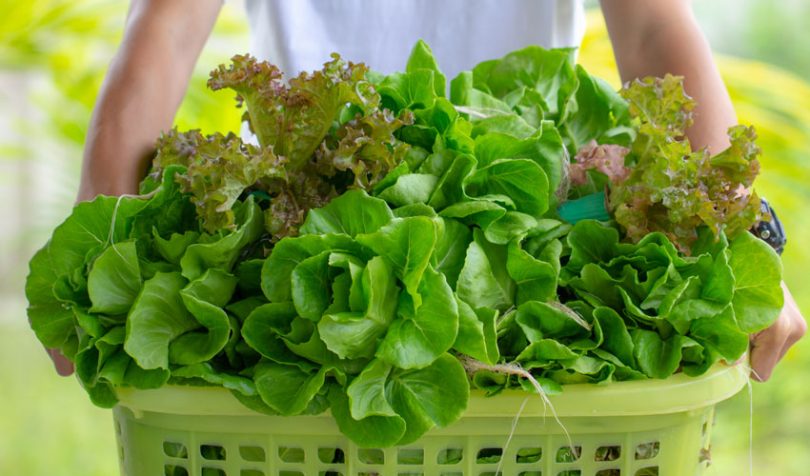Today IBM announced that the US food and drug retailer Albertsons Company plans to run a blockchain pilot on the IBM Food Trust platform. Safeway is one of Albertsons’ brands.
The group had sales of just under $60 billion in 2017, and 41% of revenues come from perishables. The retailer joins 80 other companies using IBM’s solution.
The IBM Food Trust platform enhances supply chain transparency and provides a variety of benefits depending on the aim of a project. For example, in some cases users want to be able to verify sustainable sourcing or that a product is fair trade or organic. So they wish to see the producer’s authenticated certifications. In other cases, the focus is more on the supply chain with freshness and waste reduction as goals.
For the Albertsons pilot, it will initially trace romaine lettuce from one of its distribution centers. Leafy greens have been the subject of numerous recalls. Without traceability, recalls can result in significant waste because food is destroyed just in case.
In September Walmart asked all suppliers of leafy greens to sign up to IBM Food Trust within a year. One step traceability was required by this past January.
“Multiple high-profile consumer advisories from the Centers for Disease Control and Prevention and the Food and Drug Administration demonstrate the need to find more efficient ways of tracing products and identifying likely sources of contamination in a timely manner,” said Jerry Noland, VP of Food Safety & Quality Assurance, Albertsons Companies.
“Consequently, retailers are exploring new technologies to improve the infrastructure that underpins the global food supply chain.”
Ramesh Gopinath, IBM’s VP of Blockchain Solutions for Supply Chain previously spoke to Ledger Insights about the issue of wastage from recalls. “That problem is primarily a collaboration problem,” said Gopinath. “Where information is shared appropriately between various parties in the ecosystem you could get to exactly where the contaminated product is and do a surgical recall saving a lot of people a lot of money.”
Some blockchain food traceability platforms have struggled to attract adoption with companies unwilling to spend the money. Wastage from occasional recalls is part of the cost of doing business. As a result, two sectors of food are attracting the most interest. One group is leafy greens because of the increasing incidence of food recalls.
The second sector is higher value food items such as fish, pork and meat. Three weeks ago Australian Drakes Supermarket signed up to IBM Food Trust to track steak.
Serious competition
IBM is encountering competition from other technology companies such as SAP which recently launched a food traceability solution for tuna brand Bumble Bee.
But the most serious competition is from food sector incumbents. For example, iTradeNetwork has added a blockchain solution to its existing supply chain management offerings. It has more than 5,000 global clients including Heinz, Kellogg’s, Cargill, Kroger, Safeway and Hannaford.
Similarly, Swiss-owned Bühler has integrated blockchain food traceability. Bühler’s food processing machines handle over 65% of the world’s grain, 70% of the world’s chocolate, and 30% of global rice and pulses.






